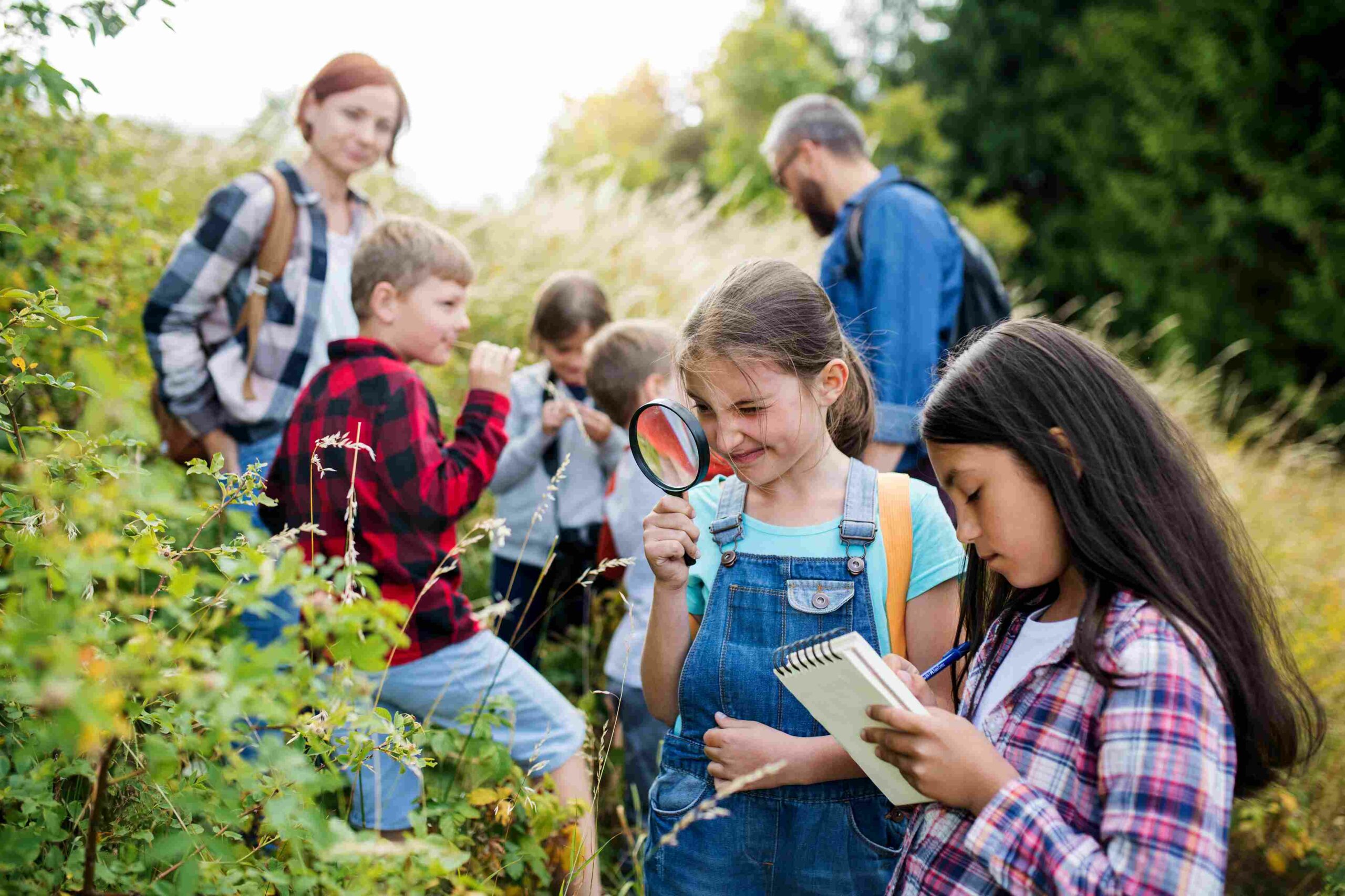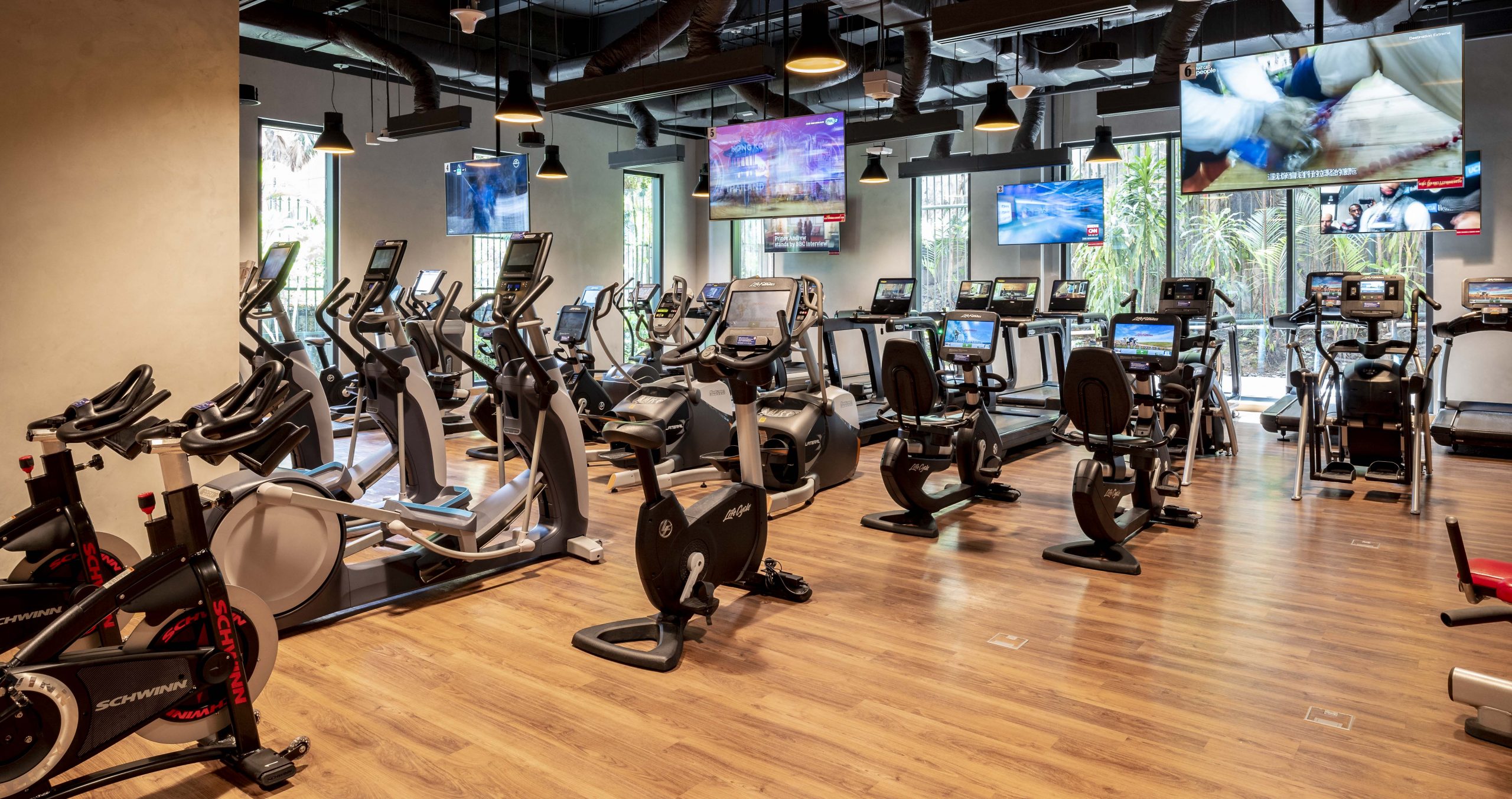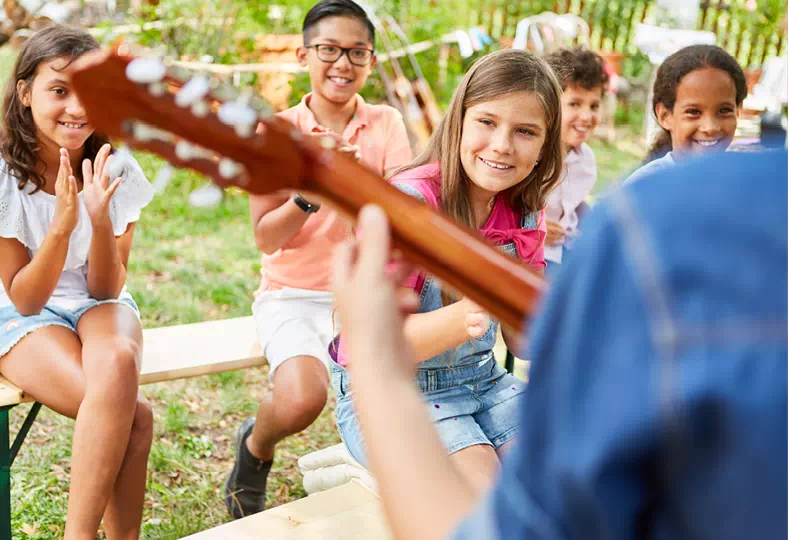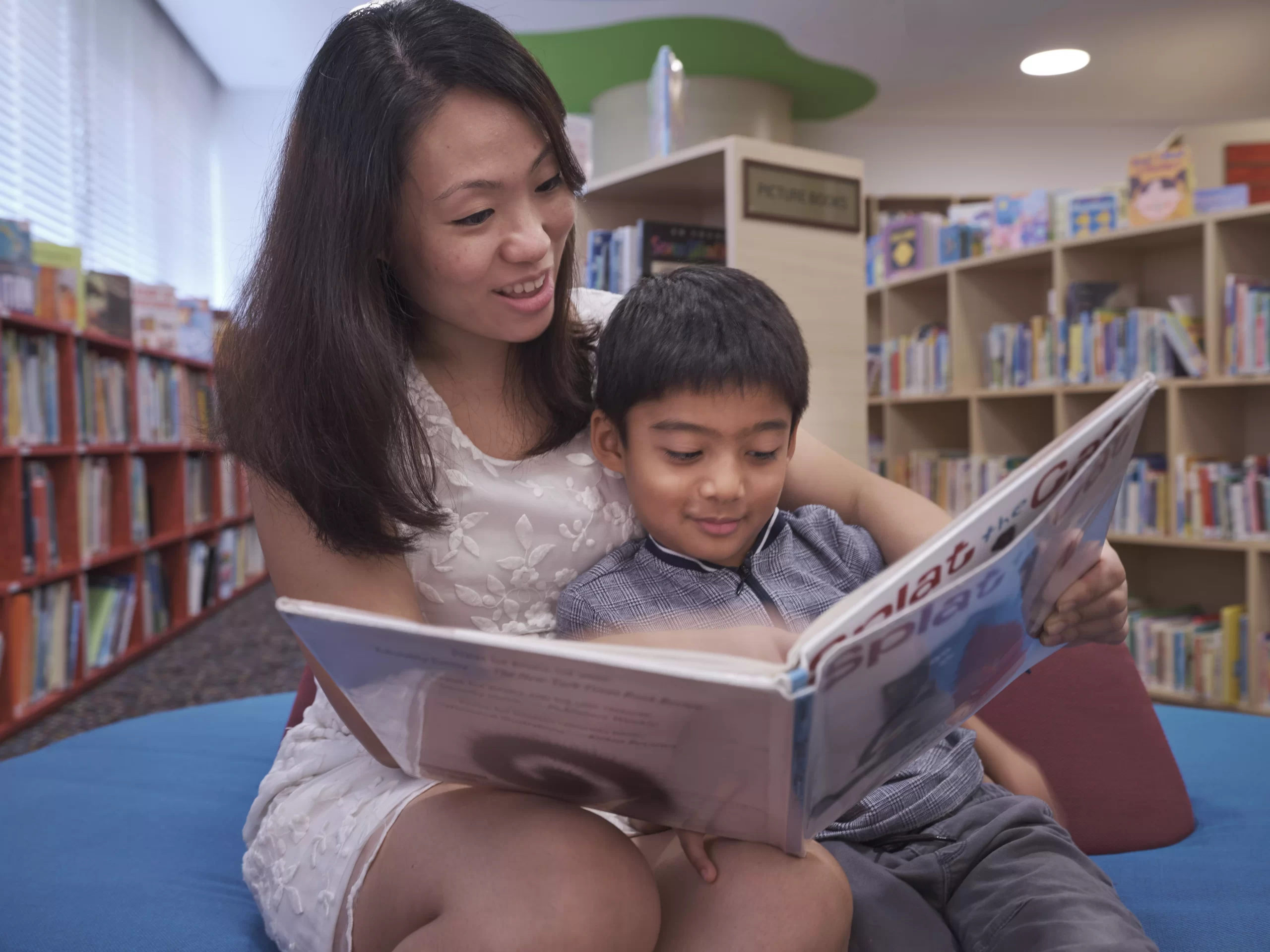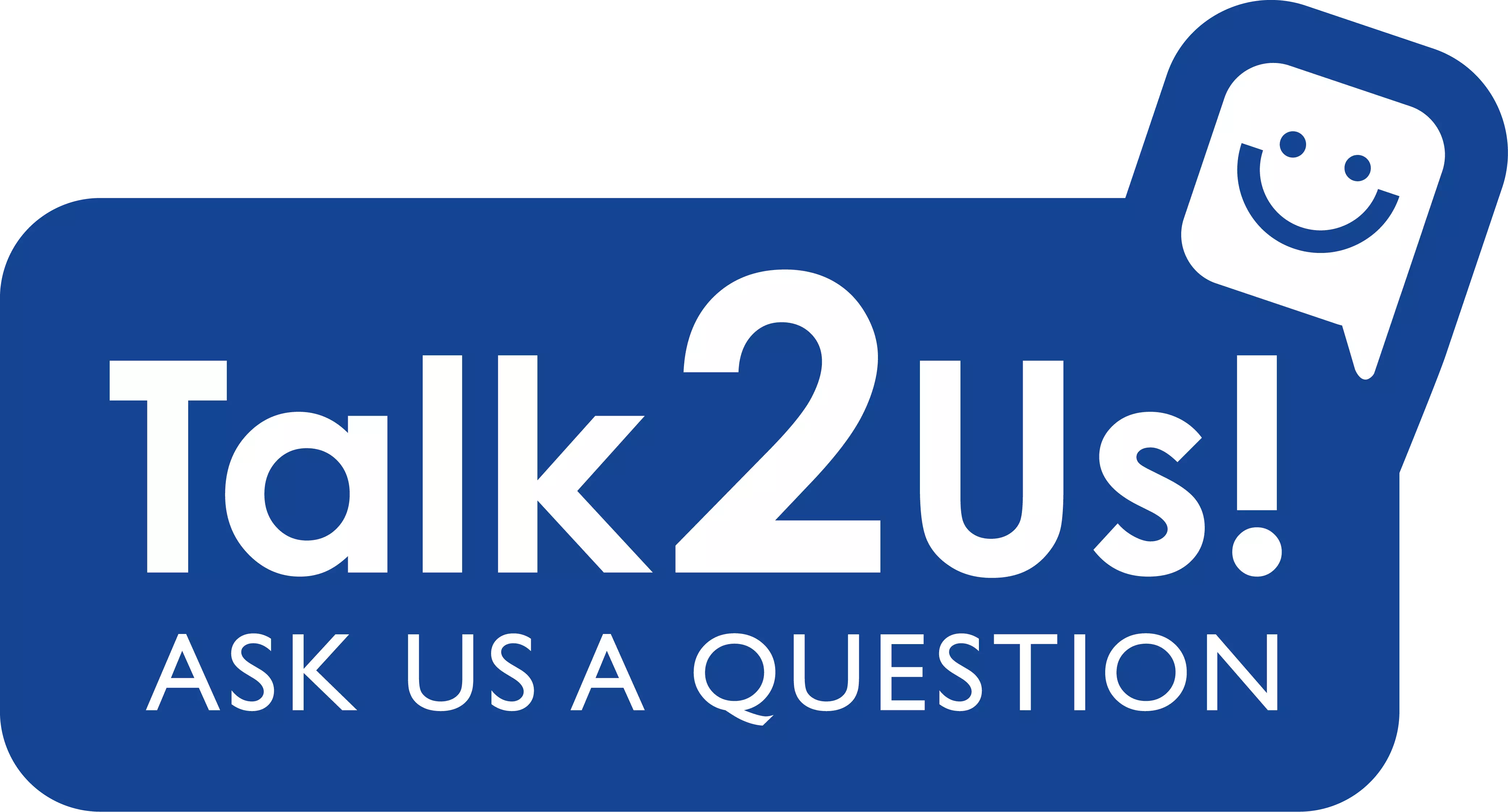Summer camps create opportunities for children to spend some time outdoors, have fun, and build meaningful connections. Not only do they keep the children busy, but also offers a unique and valuable experience that supports the child’s personal growth and skill development.
Table of Contents

Uncovering the Summer Camp Experience
More than just a break from school, summer camps offer a structured and immersive environment for children to engage in new activities and make new friends. Whether it’s a full-day or an overnight camp, they all provide a safe and supportive space for children to grow and learn.
While each camp has its own unique schedule and activities, the overview of a typical day at camp will provide parents with a general idea of what a day at summer camp entails, offering parents a clearer view of their kids’ activities and experiences.
Morning Routine
A typical day at summer camp starts with a morning routine to ensure that campers are ready for the day’s adventures. Campers may engage in morning exercises or ice breaking activities, which fosters a sense of community and starts the day on a positive note.
Breakfast
After the morning routine, campers head to the dining area for breakfast. Every meal at the camp is carefully planned by the host team to make sure all of the campers have access to delicious, nutritious food that fits their needs. Breakfast is important in ensuring that your kids are fueled up to take on the day. It provides kids with a well-rounded mix of nutrients, including whole grains, protein sources, fruits or vegetables, and healthy fats.
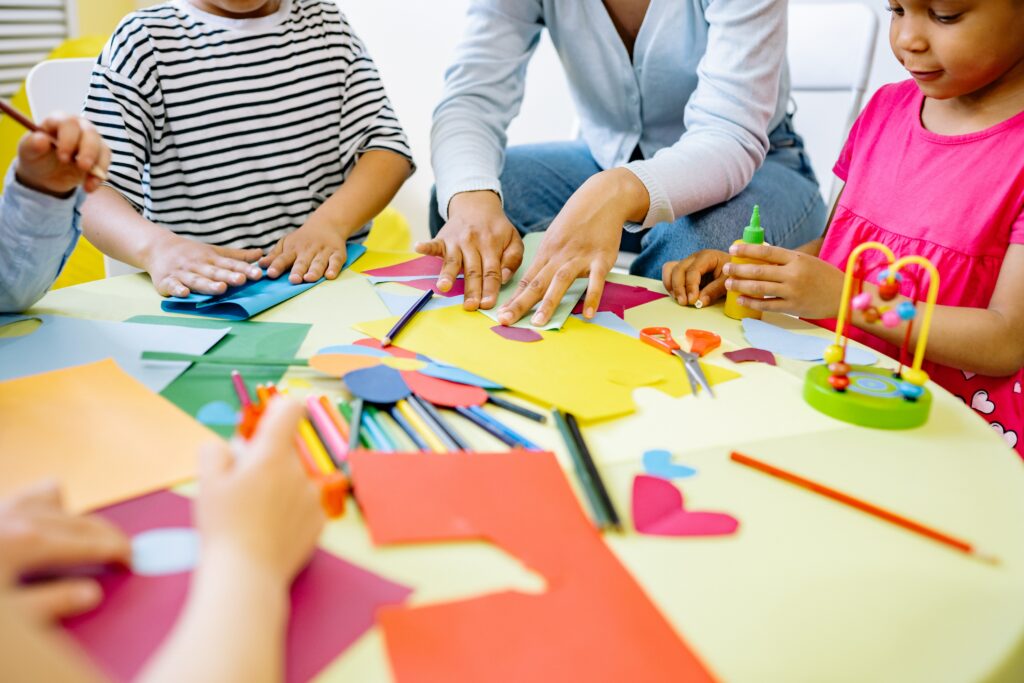
Morning Activities
Depending on the age group, camp hosts will arrange suitable activities for campers. These activities allow kids to explore different interests and develop new skills. The activities, including sports, arts and crafts, and nature exploration, are led and supervised by experienced instructors. At home, parents might unconsciously help children with all of their tasks, which might reduce their independence. At summer camps, instructors will allow your kids to figure out solutions to the problem all by themselves, with a suitable amount of guidance.
Mid-day break and lunch
As the morning activities come to a close, campers take a short break to relax, recharge, and have lunch. The mid-day meal offers a wider variety of food options that give the kids an energy boost to carry them through the rest of the day’s activities. After lunch, they might have some free time to socialize with friends or just take a nap.
Afternoon activities
The afternoon brings another round of engaging activities. Campers will have a chance to continue with the activities in the morning or engage in another activity, which keeps them excited and motivated. Summer camp activities often involve teamwork, creativity, and physical engagement, providing campers with the opportunity to grow and develop personal skills.
To conclude an exciting day, instructors might guide campers through a small reflection activity that allows them to recognize their achievements, express their feelings, and foster personal development.
Snack time and leaving camp
Finally, campers are provided with snacks and have some free time to connect with other kids before heading to the pick-up area.
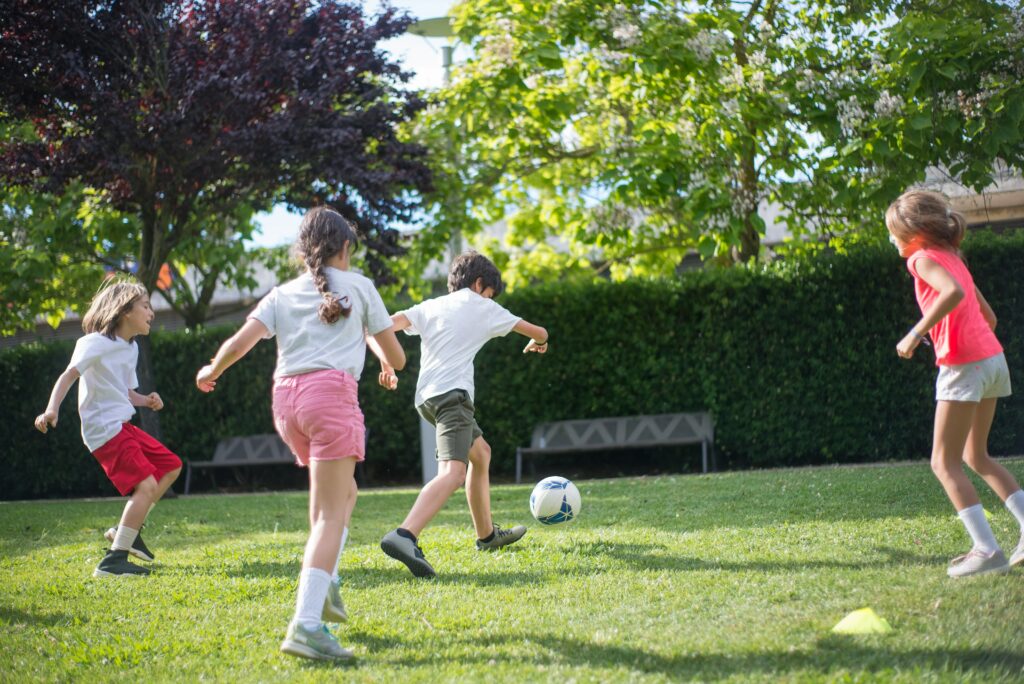
Top Benefits Of Kid Camps
Develops Lifelong Skills
Developing lifelong skills at a young age is beneficial for your children’s personal development. However, many kids don’t have a chance to learn these skills soon enough to handle real-world situations until they’re in high school. Kids camps provide children with structured activities and learning opportunities to cultivate skills such as problem-solving, critical thinking, communication, leadership, and creativity.
Promotes Teamwork
Summer camps provide your child with group projects and cooperative games that foster the ability to work smoothly with others. Kids have a chance to practice communication and negotiation to effectively complete the assigned tasks. They also have to train themselves to understand non-verbal signals from their teammates to work harmoniously with others.
Promotes Independence
Being away from home in a supportive environment allows campers to develop independence and a sense of personal responsibility. Camp activities encourage kids to step out of their comfort zones and take on new challenges without depending on others to make decisions. These experiences also teach children the importance of self-reliance and how to recognize their inner strength.
Builds Resilience
Summer camps create opportunities for kids to face challenges, which makes them learn how to adapt to new situations, manage setbacks, and develop resilience. Campers also learn to ‘try again’ after a few setbacks and learn from past mistakes.
Engage in Fun, Screen-free Activities
Camp activities offer a break from the digital world and provide a chance for kids to engage in hands-on and screen-free activities. Whether it’s outdoor adventures, arts and crafts or sports, campers will have the opportunity to embrace the joy of play and connect with friends their age.
Promotes Personal Growth, Learning and Development
The conducive environment of summer camps promotes personal growth in children. Through experiential learning and exposure to new experiences, campers gain a deeper understanding of themselves and the world around them. Most camps also provide moments for personal reflection, which allows campers to take a look at their values, beliefs, and goals, contributing to the development of a strong sense of identity.

Socializing and Friendship Building
Hosts categorize different camps by age, which means your kids will have a chance to socialize with peers their age from diverse backgrounds. Based on shared experiences and mutual support, campers will learn to communicate effectively, develop empathy, and build long-lasting friendships.
Exposure to Diverse Cultures
In this global age, kids might have a chance to interact with people from other cultures at a very young age. Preparing them for cultural diversity is a must for their social development. Summer camps often bring together campers from various cultures and backgrounds. This exposure to diversity promotes acceptance and understanding of different traditions, which then fosters a sense of global citizenship.
Joining Seasonal Kids Camps at the Club
The American Club is thrilled to offer an exciting array of seasonal kids camps that are designed to provide unforgettable experiences for children of all ages. Nestled within our beautiful clubhouse in the heart of Singapore, our seasonal camps offer a dynamic blend of fun, learning, and adventure. Led by experienced and passionate instructors, these camps promise exciting activities and lifelong memories for campers. Whether your child is a budding athlete, an aspiring artist, or simply seeking new friendships, our camps offer a secure and caring atmosphere for them to thrive.

Frequently Asked Questions
Why should I send my child to kids’ camps?
Camps provide a unique social environment where children develop valuable social skills, make new friends, and gain independence. They also offer opportunities for skill development and outdoor engagement. Kids’ camps not only boost confidence, but they also provide an unplugged experience away from screens and create lifelong memories filled with fun and adventure.
At what age are children ready to attend camps?
Most kids are ready for day camps around the age of 5 or 6 years old. Overnight or residential camps are typically suitable for children around 8 or 9 years old, depending on their independence and comfort level. Consider your child’s maturity, ability to follow instructions, and readiness for new experiences when determining the right age for camp attendance. It’s advisable to check with camp organizers or staff for age recommendations and suitable programs tailored to different age groups.


